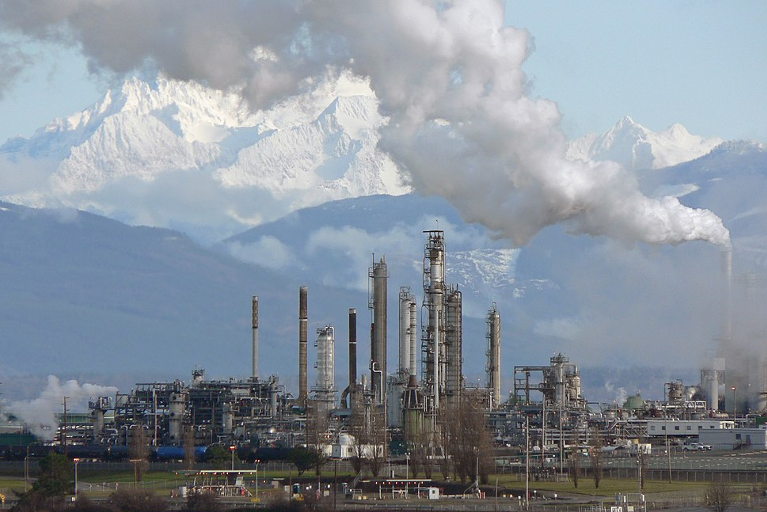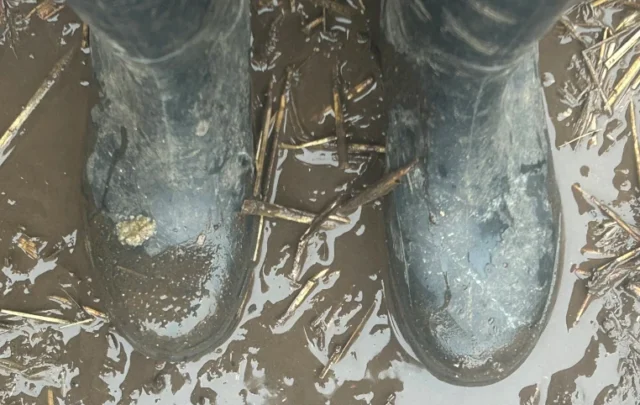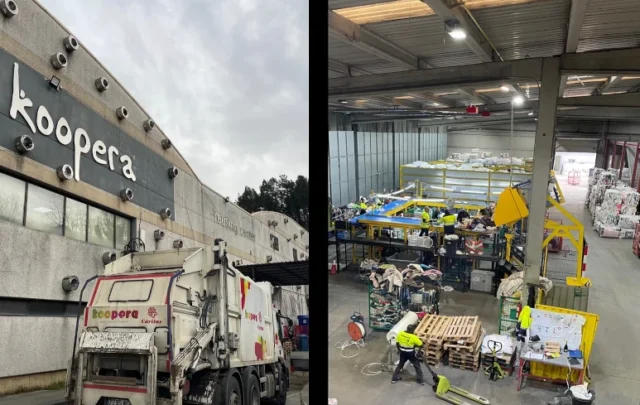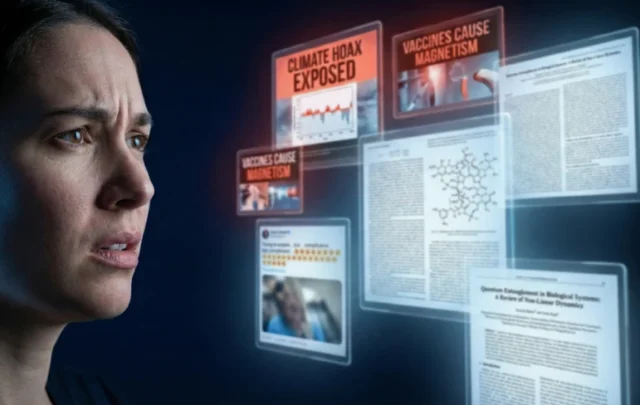Preface to “Life After Fossil Fuels:
A Reality Check on Alternative Energy”. You can find the book here.
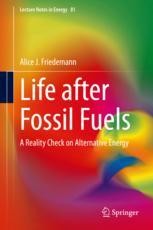 Fellow shareholders in the future of the planet Earth, I am not going to sugarcoat it. We have trouble ahead. In this book, we are going to be looking at the outlook for substitute, alternative energy resources come the day that fossil fuels decline. This is not going to be a quarterly report where we look ahead three months. Rather, we are going to be peering through the proper end of the telescope, focusing on the viability of energy alternatives for the years ahead, for the next generations.
Fellow shareholders in the future of the planet Earth, I am not going to sugarcoat it. We have trouble ahead. In this book, we are going to be looking at the outlook for substitute, alternative energy resources come the day that fossil fuels decline. This is not going to be a quarterly report where we look ahead three months. Rather, we are going to be peering through the proper end of the telescope, focusing on the viability of energy alternatives for the years ahead, for the next generations.
Humanity has made inconceivable progress in the past 500 years. Books once were created one at a time by hand. The printing press opened a door to a revolution of knowledge. Cement and steel created the foundations of modern civilization. Wooden ships have been replaced by container ships that cross the oceans bringing fish from Chile, wines from France, automobiles from Japan, and everything from China. In 1869, the first transcontinental railroad crossed America, and 100 years later, the first human stepped foot on the moon.
Imagination and invention are the sparks that illumined this path. We humans can pat ourselves on the back for that. Ah, didn’t that feel good! Yet all the while, our progress was fueled and enabled by something not of our own making, fossil fuels. From the Industrial Revolution, fired by coal, to today’s global technology society, fossil fuels have been the indispensable element. Economies are about work, and one barrel of oil does the work a strong human can do in four and a half years.
Today, most of humanity realizes that progress and the planet itself is threatened by climate change. Climate change is finally front-page news and it is said to be the main threat facing humanity. It is and will continue to be catastrophic, affecting us for many centuries, if not millennia to come.
[slide-anything id=’3472166′]
Climate change is an existential threat. Agreed. Yet I believe that we are ignoring an even greater threat, one that is not front and center. This book makes the case that the deadliest crisis facing our civilization is energy decline. Peak oil production may have already occurred. If that is true, then society should be working hard, in fact should be on a war footing, to prepare for life without plentiful, affordable fossil fuels.
Energy usage and climate change are joined at the hip. Many means are being developed to cut carbon emissions including enhancing the energy efficiency of buildings, fleets of electric cars, deploying millions of solar panels and wind turbines, and carbon sequestration. Maybe not in the short run, but ultimately, energy decline will mitigate climate change more than all of these approaches. As oil, coal, and natural gas inevitably decline, carbon emissions will be dramatically reduced.
This book was inspired by my book on transportation, “When Trucks Stop Running, Energy and the Future of Transportation” (Friedemann 2016). Leveraging this research, here I widen my focus and examine our broader dependence on fossil fuels, not just for transportation, but also for manufacturing, agriculture, and industry. The book devotes significant attention to farming and what will be possible absent affordable fossil fuels. My 2017 essay, “Peak Soil” (Friedemann 2017) at my blog www.energyskeptic.com, previewed the importance and neglect of farmland soils, a landscape that is more fully explored here.
Though they are ubiquitous in our lives, for the most part, we take fossil fuels for granted. Conventional economics pays little attention to this indispensable component because it is relatively inexpensive – which of course is why it is so valuable. This book remedies that, examining the critical sectors of our society that rely on fossil fuels, and soberly assesses the scores of alternative energy options under development. Which alternatives have promise? What are the challenges to making them commercial? Which alternatives are mere wishful thinking? After the last page has been turned, you will have in hand a reality check on where our energy will come from in the future and the sustainability of our way of life.
References
Friedemann, Alice J., When Trucks Stop Running ~ Energy and the Future of Transportation. Springer, 2016.
Friedemann, Alice J., Peak soil: Industrial agriculture destroys ecosystems and civilizations. Biofuels make it worse. http://energyskeptic.com/2017/peaksoil/, 31 August 2017.
Teaser photo credit; By Walter Siegmund (talk) – Own work, CC BY 2.5, https://commons.wikimedia.org/w/index.php?curid=3413544


